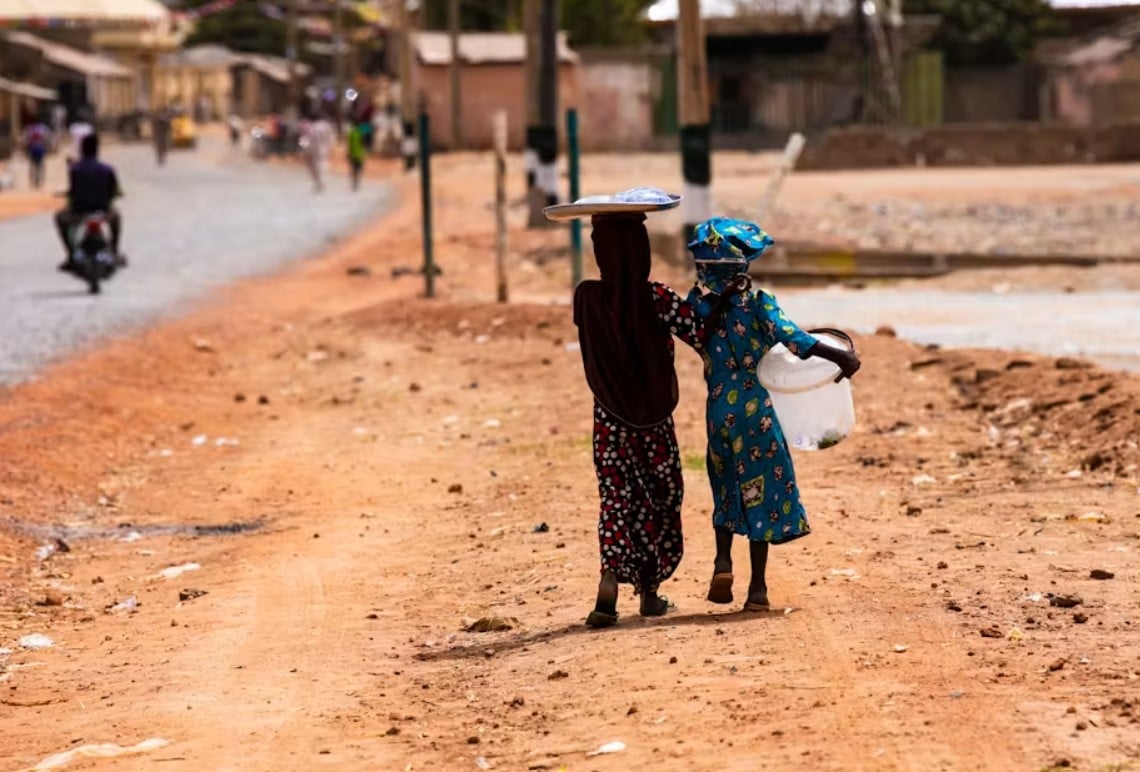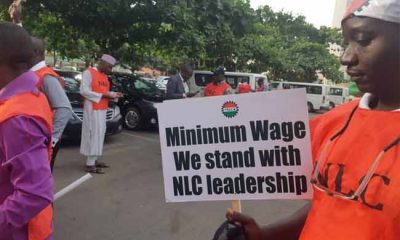Nigeria News
Full List: Kebbi, Sokoto, Oyo, Ebonyi, Lead States With Most Out-Of-School Children In Nigeria

Nigeria is facing a critical educational crisis, with millions of children missing out on their fundamental right to education.
Naija News observed that despite primary education being officially ‘free’ and compulsory, many children are out of school across states.
This lack of access to education hinders individual development and the country’s overall progress.
It is worth noting that the issue of out-of-school children is not evenly spread throughout Nigeria, as data reports have repeatedly provided a significant difference between states.
The northern states such as Kebbi, Sokoto, Yobe, and Zamfara consistently have the highest number of out-of-school children. On the other hand, southeastern states like Abia, Enugu, Bayelsa, and Cross River have lower numbers.
This inequality results from various complex factors.
Poverty plays a major role as it compels children to work and contribute to their family’s income instead of attending school. Insecurity in the Northeast region, caused by insurgency, further disrupts education. Moreover, certain cultural practices, particularly in the North, prioritize Quranic education over a formal school curriculum.
Consequences And Actions Needed
The consequences of neglecting this matter are significant.
Naija News understands that a generation lacking proper education will likely face challenges securing decent employment, which impedes economic development. Issues such as crime and radicalization may thrive in a society where education and opportunities are scarce.
Collaborative efforts between the Nigerian government (NGOs) and international bodies are necessary to implement holistic approaches.
It is vital to enhance the availability of quality education, especially in rural areas. Alleviating poverty through social safety nets can reduce financial burdens on families.
Additionally, advocating for girl-child education and raising awareness about the value of formal schooling are crucial measures.
Nigeria holds the potential to become a leading force in Africa, but this can only be realized with an educated and empowered populace. Emphasizing education and ensuring universal access to learning opportunities is a societal necessity and an investment in the country’s future.
Below Is The Present Statistic Of Out-of-school Children Across States (Ages 6–15) as reported by TheCable:
1. Kebbi: 67.6%
2. Sokoto: 66.4%
3. Yobe: 62.9%
4. Zamfara: 61.3%
5. Bauchi: 55.7%
6. Borno: 54.2%
7. Jigawa: 51.1%
8. Gombe: 48%
9. Katsina: 45.9%
10. Niger: 42.8%
11. Kano: 39.2%
12. Taraba: 28.8%
13. Nasarawa: 25.4%
14. Plateau: 23.2%
15. Kwara: 22%
16. Kaduna: 21.9%
17. Adamawa: 21.7%
18. Oyo: 20.9%
19. Ogun: 20.5%
20. Benue: 18.4%
21. Ebonyi: 16.7%
22. Ondo: 13.8%
23. Osun: 12.8%
24. FCT: 12.8%
25. Edo: 11.3%
26. Akwa Ibom: 10.6%
27. Kogi: 10.2%
28. Delta: 9.3%
29. Rivers: 7.7%
30. Cross River: 7.6%
31. Enugu: 7.5%
32. Bayelsa: 7.4%
33. Lagos: 6.4%
34. Abia: 5.6%
35. Ekiti: 5.1%
36. Imo: 5.1%
37. Anambra: 2.9%











